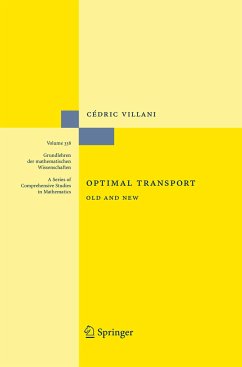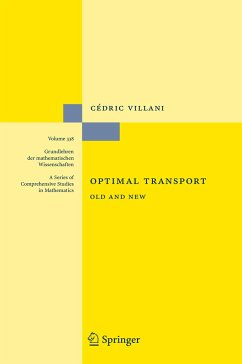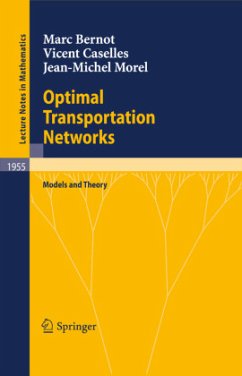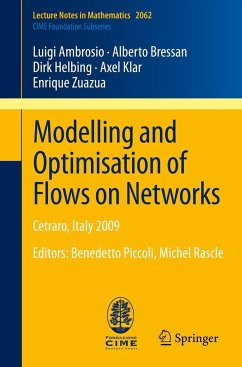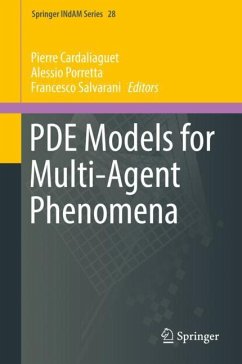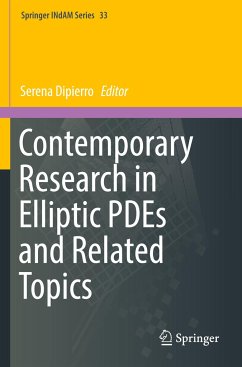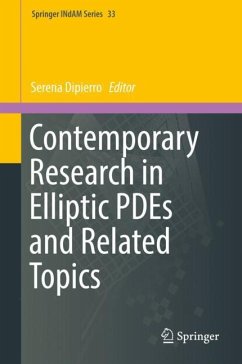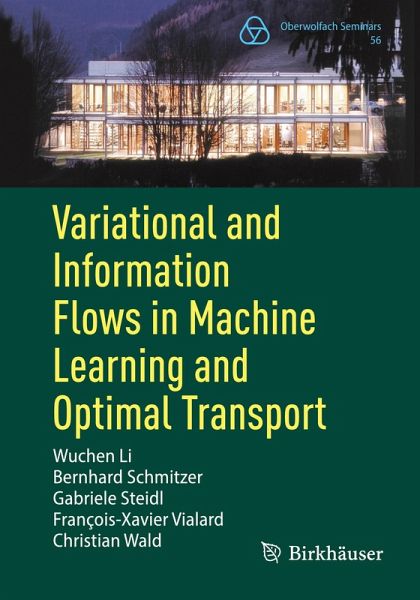
Variational and Information Flows in Machine Learning and Optimal Transport

PAYBACK Punkte
25 °P sammeln!
This book is based on lectures given at the Mathematisches Forschungsinstitut Oberwolfach on Computational Variational Flows in Machine Learning and Optimal Transport .Variational and stochastic flows on measure spaces are ubiquitous in machine learning and generative modeling. Optimal transport and diffeomorphic flows provide powerful frameworks to analyze such trajectories of distributions with elegant notions from differential geometry, such as geodesics, gradient and Hamiltonian flows. Recently, mean field control and mean field games offered a general optimal control variational view on l...
This book is based on lectures given at the Mathematisches Forschungsinstitut Oberwolfach on Computational Variational Flows in Machine Learning and Optimal Transport .
Variational and stochastic flows on measure spaces are ubiquitous in machine learning and generative modeling. Optimal transport and diffeomorphic flows provide powerful frameworks to analyze such trajectories of distributions with elegant notions from differential geometry, such as geodesics, gradient and Hamiltonian flows. Recently, mean field control and mean field games offered a general optimal control variational view on learning problems. The four independent chapters in this book address the question of how the presented tools lead us to better understanding and further development of machine learning and generative models.
Variational and stochastic flows on measure spaces are ubiquitous in machine learning and generative modeling. Optimal transport and diffeomorphic flows provide powerful frameworks to analyze such trajectories of distributions with elegant notions from differential geometry, such as geodesics, gradient and Hamiltonian flows. Recently, mean field control and mean field games offered a general optimal control variational view on learning problems. The four independent chapters in this book address the question of how the presented tools lead us to better understanding and further development of machine learning and generative models.



